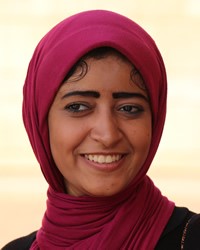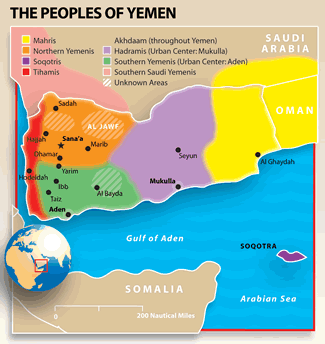Ancient Egypt stands as one of the world's great civilizations. Dynasties of pharaohs ruled Egypt from 3200 B.C. to 341 B.C.. Egypt fell to the Persian Arab Muslim conquest in 640 A.D. Arabs, who introduced Islam and the Arabic language to Egypt in the seventh century, ruled for the next six centuries. Ottoman Turks conquered the country in 1517.
After the completion of the Suez Canal in 1869, Egypt became an important transportation hub but fell heavily into debt. To protect its investments, Britain seized control of Egypt from 1882 until 1914. The European nation granted Egypt full sovereignty after World War II.
Egypt has become the most rapidly growing country in the Arab world, and its limited arable land has overtaxed resources and stressed society.
For hundreds of years, Egyptian life and culture underwent very little change. Still true today, Egypt creates change amongst its neighbors as its ways influence the surrounding region. Renowned for their music, Egyptian Arabs lead the popular music scene in many Arab countries. Cairo prevails as the Middle East's Hollywood. For many years, Cairo has reigned as the center of Islamic publications and learning. As urban populations in Egypt swell, masses of unemployed young men remain in wait. This makes fertile soil for Islamic militant groups to flourish.
Arab men also enjoy bargaining with foreigners, and tourism proves a profitable industry. Other main sources of income remain oil and Suez Canal dues. Yet more than one out of every five Egyptians live in poverty, mostly in rural areas.
A desert country, Egypt endures hot, dry summers and moderate winters. Sand storms plague it, especially in the spring. The Nile River floods regularly and allows for rich agricultural products to thrive. Because of this, Egyptian Arabs produce cotton, rice, corn, wheat, fruits and vegetables. They raise cattle, water buffalo, sheep and goats. They have a strong agricultural economy, but they also have productive cities such as Cairo.
Egyptian families carefully plan their children's names. Children with Muslim names automatically enroll in Islamic classes. Children given Christian names increase the risk of discrimination.
Islam became the state religion in 1980. The majority of Egyptian Arabs identify as either Shafi, Maliki or Hanafi Sunni Muslim. The constitution of Egypt states the right to freedom of beliefs and the practice of religious rites. However, in reality, this seems not the case.
Coptic Christians brought Christianity to Egypt very early, where it remained for a 1000 years as the primary religion. Even today, the great majority of the Christian population remain members of the Coptic Church. A small percentage, evangelical Christians often experience persecution.
Difficulty awaits an Egyptian Arab in finding a job if they convert to Christianity. When an Egyptian citizen applies for a job, he must present an identity card on which lists whether he identifies as Christian or Muslim. Arabs trying to change their religion from Muslim to Christian have been arrested on charges of falsifying documents.
Inflation and unemployment persists as huge problems in Egypt.
Pray for an increase in finances and the ability to provide Bibles for Egyptian Arabs.
Pray for the Holy Spirit to make inroads into Egyptian Muslim communities.
Pray that Egyptian Christians would become a mighty missionary movement to other Arab nations.
Scripture Prayers for the Arab, Egyptian Muslim in Egypt.
https://en.wikipedia.org/wiki/Egyptians
https://www.reuters.com/world/africa/egypt-inflation-seen-easing-242-december-2025-01-08/
https://www.mppn.org/multidimensional-poverty-in-egypt-an-in-depth-analysis/
https://www.uscirf.gov/sites/defa
| Profile Source: Joshua Project |














